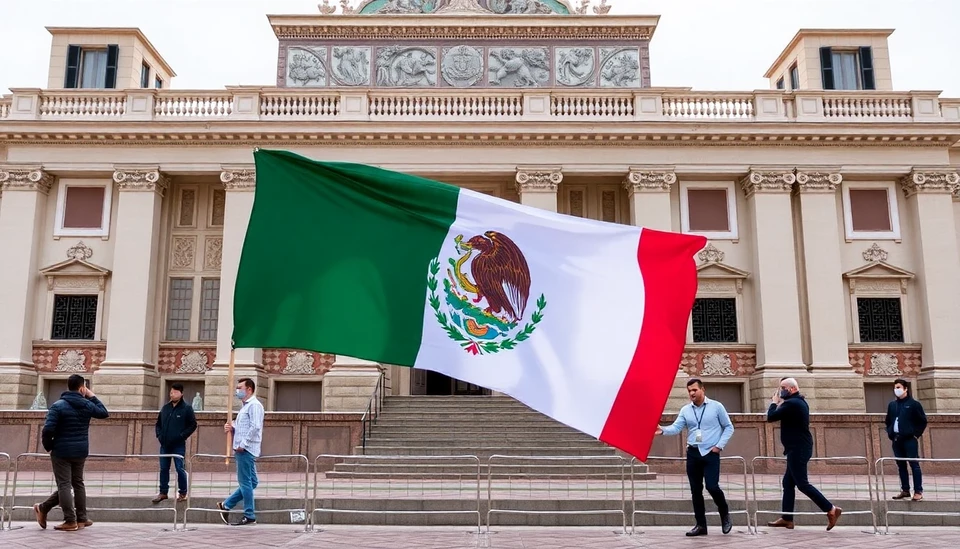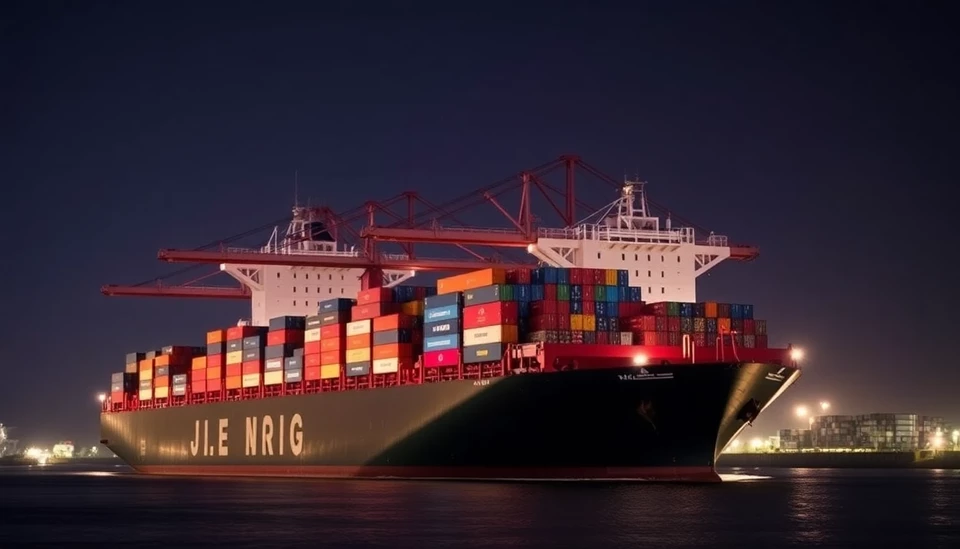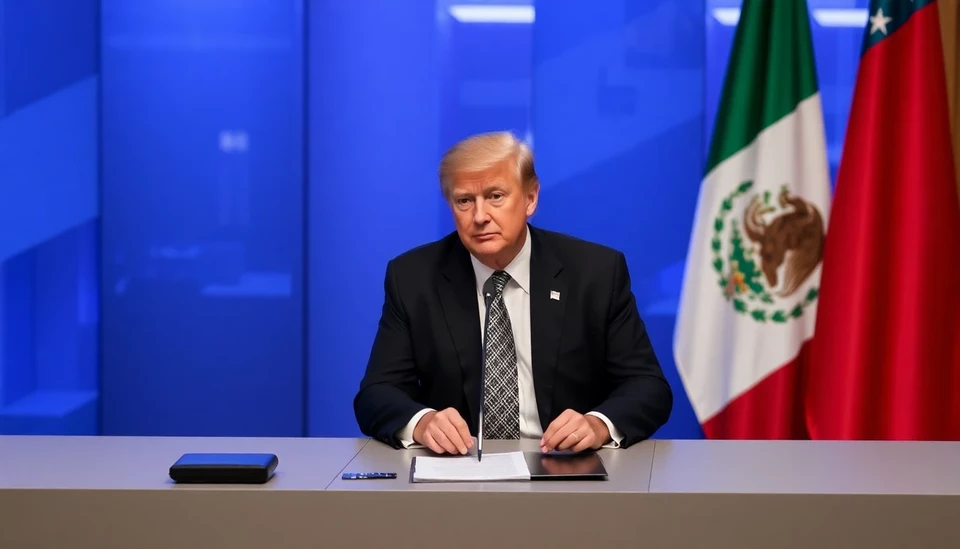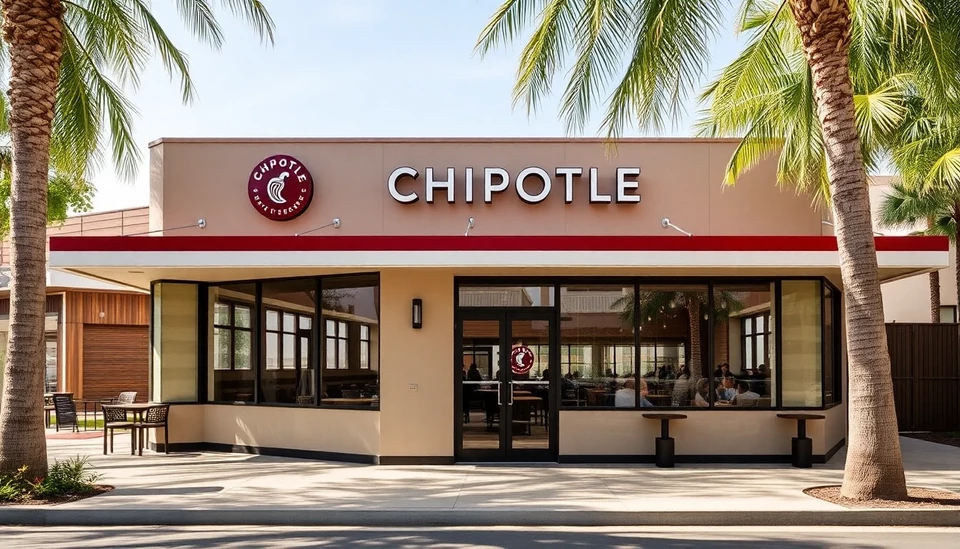
As Mexico grapples with its position in the global supply chain landscape, the nearshoring trend appears to be stalling, particularly in light of the upcoming U.S. presidential elections. In a significant turn of events, major companies like Tesla and BYD are adopting a more cautious strategy, choosing to wait and observe the political developments across the border before making crucial investment decisions.
The excitement surrounding nearshoring—where companies shift production closer to their home markets to mitigate risks associated with far-flung supply chains—had surged in Mexico post-pandemic. The allure of lower labor costs and tariff advantages was enough to entice numerous firms to explore significant operations in the country. However, the momentum seems to be waning as industry leaders prioritize political stability over swift expansion.
Claudia Sheinbaum, the former mayor of Mexico City whose political aspirations include running for a presidential position, is at the forefront of this shifting landscape. While her policies have traditionally encouraged foreign investment, the uncertainty of the election outcome is causing hesitation among multinational corporations. Executives from companies such as Tesla and BYD are reportedly adopting a wait-and-see approach, signaling a cautious stance as the electoral exercise unfolds.
The implications of this stall in nearshoring could be widespread. Major electric vehicle manufacturers like Tesla and BYD, which were previously considered to be on the precipice of establishing significant manufacturing capabilities in Mexico, are now reassessing how to best navigate the political waters. The trajectory of U.S.-Mexico relations is under intense scrutiny, and companies are wary of entering a market that may undergo significant changes depending on electoral outcomes.
Industry analysts suggest that the nearshoring trend will remain sluggish until post-election clarity emerges. Many stakeholders are concerned that issues surrounding trade policies, tariffs, and regulatory frameworks could dramatically shift based on the electoral results. As such, the complexity and unpredictability of the political process in the U.S. is leading firms to delay their investment timelines until they can better gauge the environment.
In the interim, rival countries are positioning themselves to attract the investment that Mexico is currently grappling to secure. Nations in Central America and Asia are ramping up their promotional efforts to lure companies away from Mexico’s market while highlighting their own favorable conditions that can meet the demands of nearshoring strategies. These competitive pressures put additional strain on Mexico’s ability to solidify its role as a key player in the manufacturing supply chain.
The outcome of the U.S. elections could not only define the future of nearshoring in Mexico but could also dictate the larger economic ties between the U.S. and its southern neighbor. As companies navigate through this complex landscape, the economic strategies employed by leaders like Sheinbaum will be critical. The hope is that once the political dust settles, clarity for these investments will resume and reignite the nearshoring momentum that Mexico had once enjoyed.
In conclusion, while the potential for Mexico to become a central hub for manufacturing remains, current hesitancy from major corporations reflects the palpable uncertainty introduced by the upcoming U.S. elections. The business community looks on with bated breath, waiting for a post-election environment that might restore confidence in tangible investments and the nearshoring promise.
#Mexico #Nearshoring #Sheinbaum #Tesla #BYD #USElections #Manufacturing #Investment #ElectricVehicles
Author: Laura Mitchell




